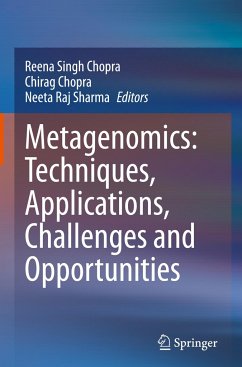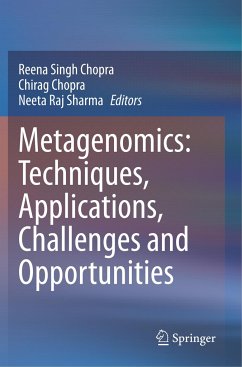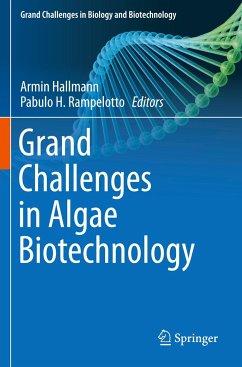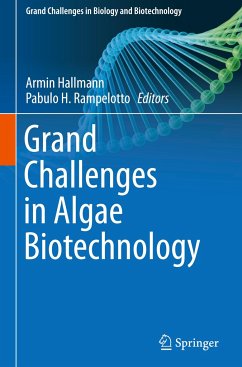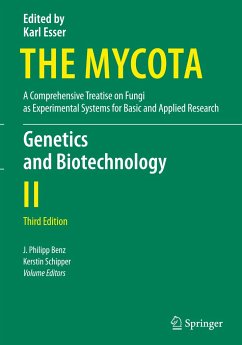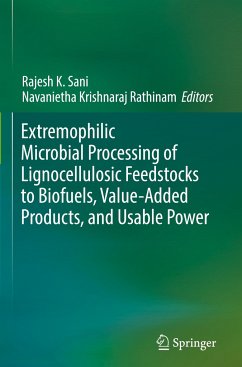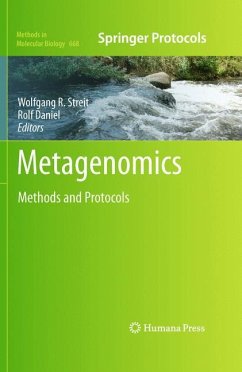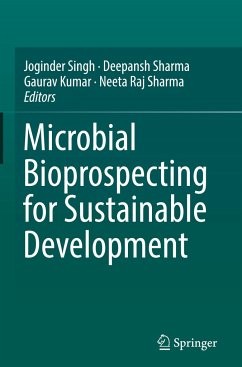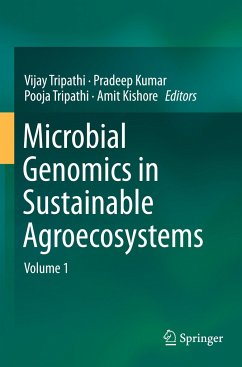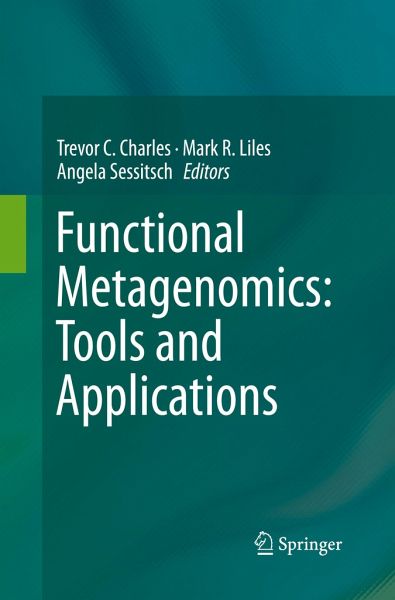
Functional Metagenomics: Tools and Applications
Versandkostenfrei!
Versandfertig in 6-10 Tagen
106,99 €
inkl. MwSt.

PAYBACK Punkte
53 °P sammeln!
In this book, the latest tools available for functional metagenomics research are described.This research enables scientists to directly access the genomes from diverse microbial genomes at one time and study these "metagenomes". Using the modern tools of genome sequencing and cloning, researchers have now been able to harness this astounding metagenomic diversity to understand and exploit the diverse functions of microorganisms. Leading scientists from around the world demonstrate how these approaches have been applied in many different settings, including aquatic and terrestrial habitats, mi...
In this book, the latest tools available for functional metagenomics research are described.This research enables scientists to directly access the genomes from diverse microbial genomes at one time and study these "metagenomes". Using the modern tools of genome sequencing and cloning, researchers have now been able to harness this astounding metagenomic diversity to understand and exploit the diverse functions of microorganisms. Leading scientists from around the world demonstrate how these approaches have been applied in many different settings, including aquatic and terrestrial habitats, microbiomes, and many more environments. This is a highly informative and carefully presented book, providing microbiologists with a summary of the latest functional metagenomics literature on all specific habitats.



